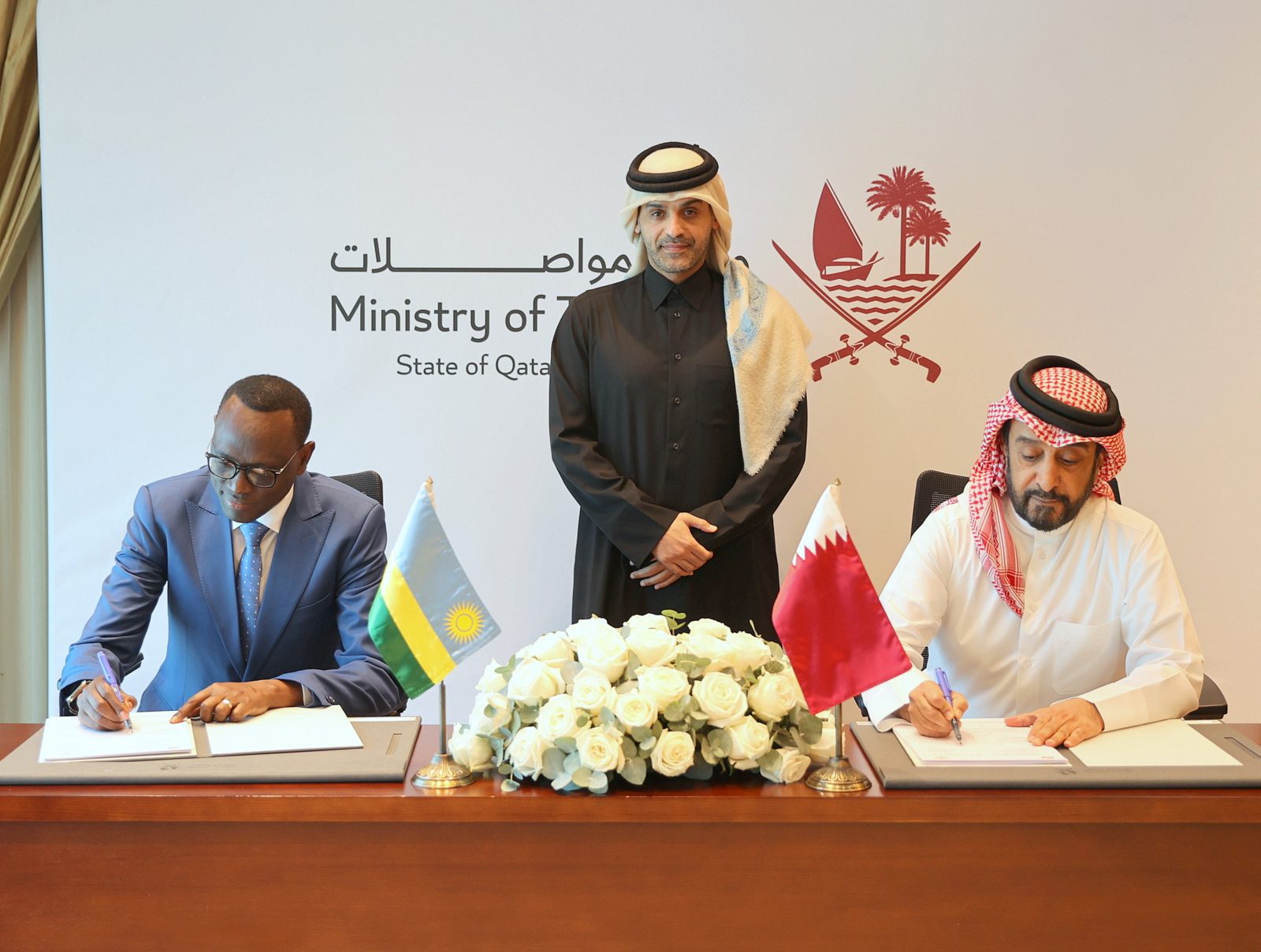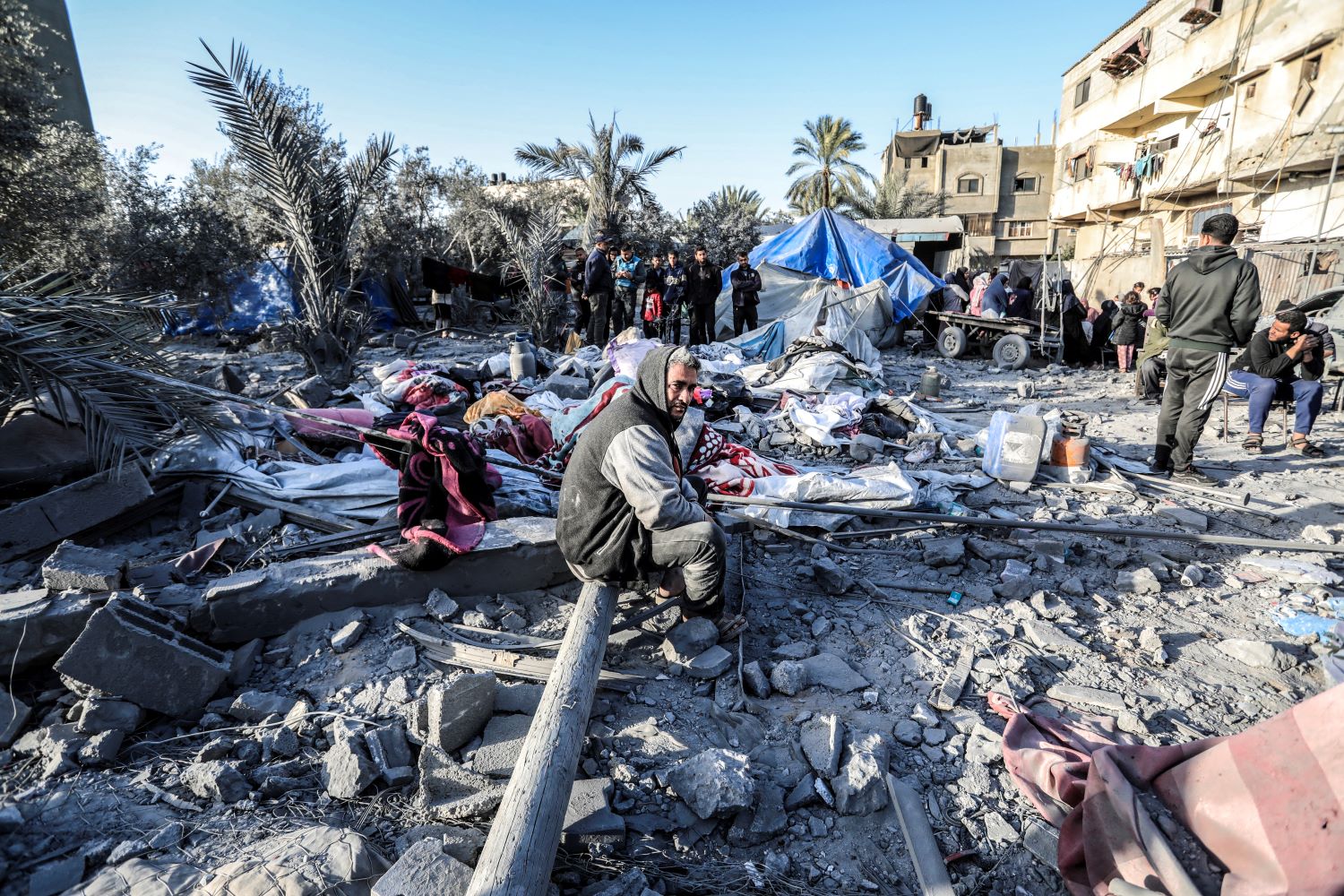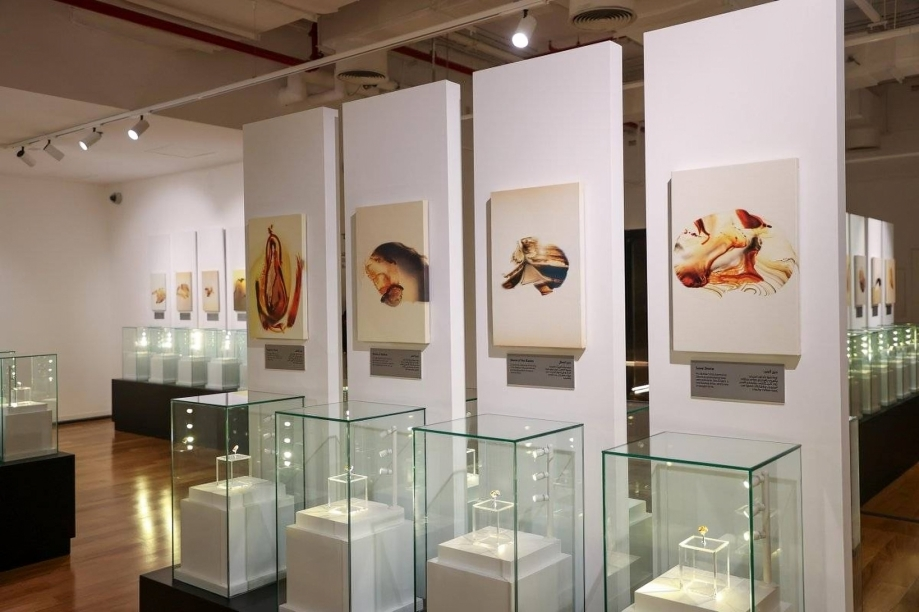To increase its self-sufficiency, Qatar has pushed to improve local manufacturing in a variety of fields.
The country’s gross domestic (GDP) product is expected to climb from $161 billion in 2021 to $172 billion this year, $181 billion in 2023, $191 billion in 2024 and $201 billion in 2025.
To overcome numerous regional and global hurdles, Qatar has presented an advanced economic model that has cemented its status as a significant regional economic centre.
The Undersecretary of the Qatari Ministry of Commerce and Industry, Sultan bin Rashid Al-Khater, stated that the Gulf state has entered a new economic stage as it is now directing its efforts toward relying on its own strengths, supporting national products and increasing its openness to its numerous trading partners across the world.
Qatar has adopted an approach that contributes to achieving a balance between the oil-based economy and the real economy that is dependent on non-oil sectors, according to Al-Khater, who stated in an interview with Qatar News Agency (QNA) that Qatar has invested this approach in directing the important resources of the oil and gas sector towards supporting programmes aimed at achieving economic diversification.
Local Qatari vegetable production to spike following rising demand
Al-Khater added that legislative and regulatory initiatives have improved expectations for Qatar’s economy’s growth, citing the International Monetary Fund’s forecast of 3.2% growth this year, compared to approximately 2% last year.
The official further referenced a report published by the Qatar-US Business Council in 2021, which stated that foreign direct investment in Qatar is on the rise, thanks to the country’s business environment and advanced infrastructure, as well as the financial sector’s balanced performance that has a direct impact on GDP, which is expected to rise to 3.9% this year.
The number of factories operating in Qatar and registered to date has surpassed 800, according to the undersecretary, whilst the total number of permits awarded to develop industrial projects has surpassed 635, and approximately 60 factories have been registered in the industrial registration.
Al-Khater also indicated that total factory investments in 2021 were an estimated 2.1 billion riyals, resulting in the creation of 2581 new jobs in industrial facilities.
Qatar approved the 2022 budget with revenue estimates of 196 billion QAR, up 22.4% from the estimates in the previous year’s budget, and total planned expenditures of 204.3 billion QAR in 2022, up 4.9% from the previous year’s budget.
This is mostly due to a temporary rise in operating expenses related to World Cup hosting operations, which includes security and operational costs for FIFA World Cup Qatar 2022 events.
Follow Doha News on Twitter, Instagram, Facebook and Youtube







